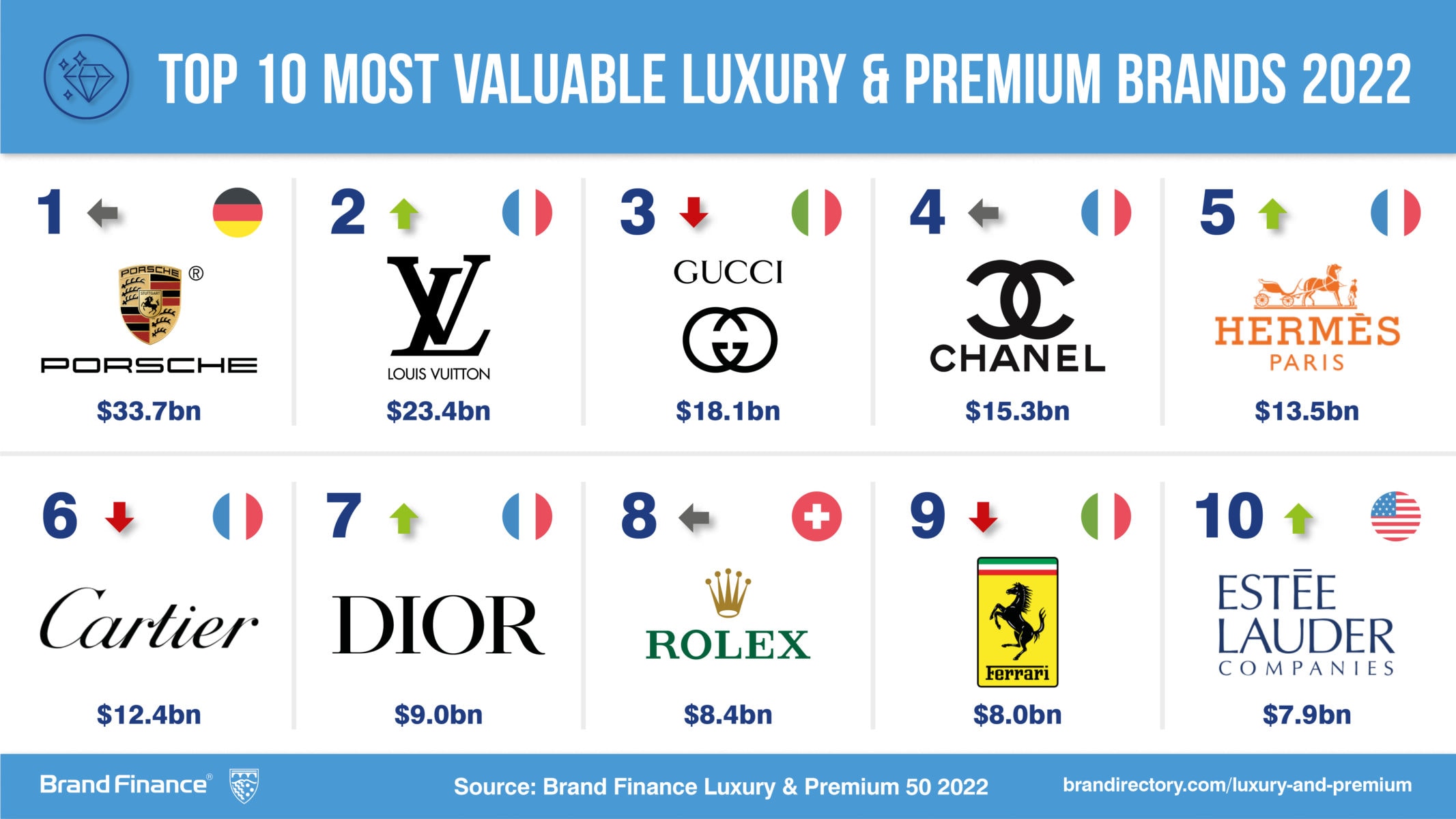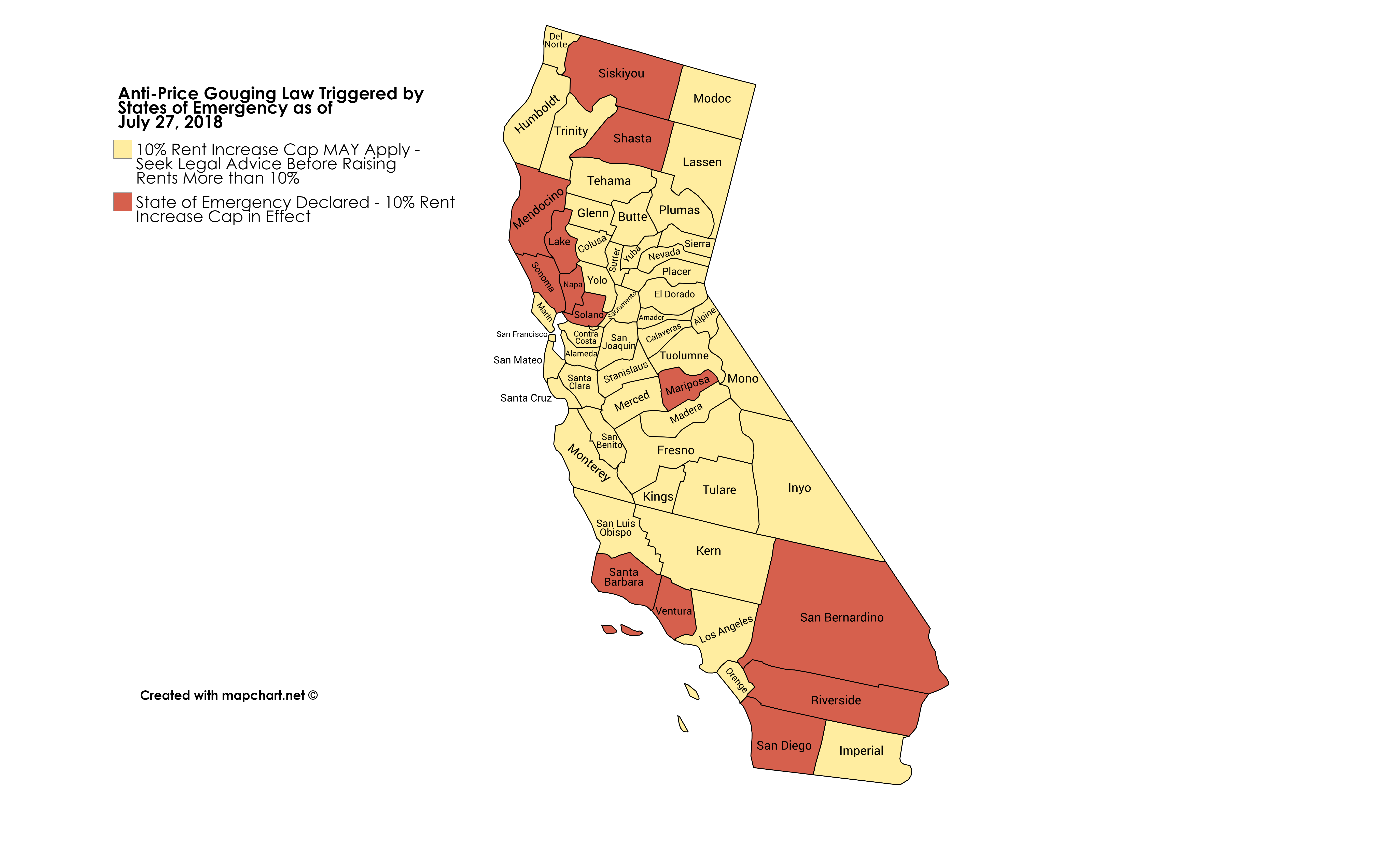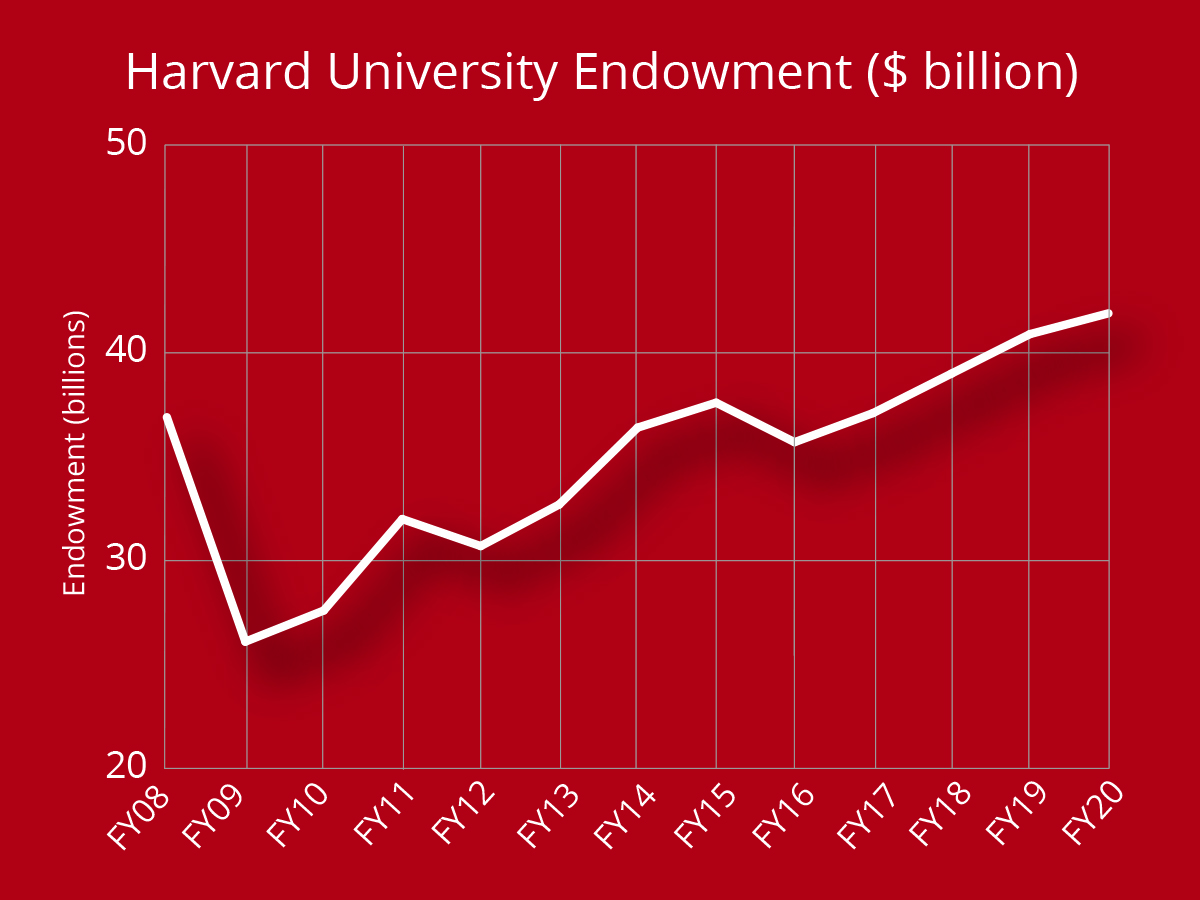China's Impact On Luxury Car Brands: BMW, Porsche, And Beyond

Table of Contents
The Rise of the Chinese Luxury Car Consumer
The dramatic growth of China's luxury car market is intrinsically linked to the evolution of its consumer base. This shift presents both opportunities and challenges for global luxury car brands.
Changing Consumer Preferences
Chinese luxury car buyers are no longer simply seeking status symbols; they demand sophisticated technology, personalized experiences, and vehicles that reflect their evolving lifestyles.
- SUV Dominance: SUVs, particularly larger models offering ample space and comfort, have become incredibly popular, outpacing sedan sales significantly.
- Electric Vehicle Adoption: China is a global leader in electric vehicle (EV) adoption, with Chinese consumers showing a strong preference for eco-friendly luxury options. Brands like BMW and Porsche are heavily investing in this segment.
- Technological Advancements: Features like advanced driver-assistance systems (ADAS), high-tech infotainment systems, and seamless connectivity are highly valued by Chinese luxury car buyers. The integration of social media and mobile apps within vehicles is crucial.
- Customization and Personalization: The ability to personalize their vehicles, from exterior color to interior trim, is a key factor influencing purchase decisions.
- Influencer Marketing: Social media influencers play a significant role in shaping consumer perceptions and driving demand for specific luxury car models.
Economic Growth and Purchasing Power
China's sustained economic growth has fueled a significant rise in its middle class, directly impacting the luxury car market. This burgeoning purchasing power translates into increased demand for premium vehicles.
- Sales Growth Statistics: Luxury car sales in China have shown remarkable growth over the past decade, outpacing many other major markets. Specific figures from reputable sources should be included here (e.g., Statista data).
- Rising Middle Class: The expansion of the Chinese middle class has created a larger pool of potential buyers for luxury vehicles, driving competition and innovation.
- Comparison with Other Markets: A comparison of luxury car sales growth in China versus other major markets (e.g., US, Europe) would highlight the scale of its influence.
BMW's Strategic Response to the Chinese Market
BMW has recognized the immense potential of the Chinese market and implemented several key strategies to capture a significant share.
Localized Production and Marketing
BMW's commitment to localization is evident in its manufacturing facilities in China, allowing for efficient production and responsiveness to local market demands.
- Manufacturing Facilities: Highlight the specific locations of BMW's manufacturing plants within China.
- Tailored Marketing Campaigns: Provide examples of successful marketing campaigns specifically designed to resonate with Chinese consumers. This could include collaborations with Chinese celebrities or use of culturally relevant messaging.
- Long Wheelbase Models: Mention the success of BMW's long wheelbase models specifically designed for the Chinese market, catering to the preference for more rear passenger space.
Technological Innovation and Electric Vehicles
BMW's investments in electric vehicles (EVs) and other technological advancements are strategically aligned with the Chinese market's increasing focus on sustainability and innovation.
- EV Models for China: Specific models launched or planned for the Chinese EV market should be mentioned here.
- Collaborations with Chinese Tech Companies: Highlight any partnerships with Chinese technology firms involved in areas such as battery technology or autonomous driving systems.
Porsche's Success Story in China
Porsche's success in China is a testament to its effective brand building and strategic adaptations to the local market.
Brand Perception and Marketing Strategies
Porsche has cultivated a strong brand image in China, associating itself with prestige, performance, and a sophisticated lifestyle.
- Brand Image: Discuss how Porsche's brand image resonates with Chinese consumers' aspirations.
- Unique Marketing Approaches: Mention any distinctive marketing tactics Porsche employed to successfully penetrate the Chinese market. This could include sponsoring high-profile events or focusing on digital marketing strategies.
Model Adaptation and Customization
Porsche has demonstrated a willingness to adapt its models and offer customizations tailored to the preferences of Chinese consumers.
- Tailored Models: Provide examples of Porsche models that have been specifically adapted or customized for the Chinese market. This might include features relevant to Chinese driving conditions or preferences for specific color combinations.
- Special Editions: Mention any special editions or limited-run models released specifically for the Chinese market.
Beyond BMW and Porsche: The Broader Impact on Other Luxury Brands
The success of BMW and Porsche in China has intensified competition and led to market saturation within the luxury car segment.
Increased Competition and Market Saturation
The Chinese market's attractiveness has drawn numerous global luxury brands, creating a highly competitive environment.
- Other Luxury Brands in China: Mention other significant luxury brands with a substantial presence in China and briefly describe their strategies.
- Challenges of Market Saturation: Discuss the challenges faced by brands due to increased competition and the potential for market saturation.
Future Trends and Predictions
The Chinese luxury car market is expected to continue its growth trajectory, but with evolving consumer preferences and government regulations shaping its future.
- Future Growth Predictions: Offer predictions about the future growth of the Chinese luxury car market based on reputable sources.
- Impact of Government Regulations: Discuss the influence of government regulations, such as emission standards and policies promoting EVs, on the luxury car market.
- Evolving Consumer Preferences: Highlight the ongoing evolution of Chinese consumer preferences and their implications for luxury car brands.
China's Impact on Luxury Car Brands: A Summary and Call to Action
China's impact on luxury car brands like BMW and Porsche has been transformative. The success of these brands hinges on understanding and adapting to the evolving preferences of Chinese consumers, embracing localization strategies, and investing heavily in technological innovation, particularly in the electric vehicle sector. The continued growth and sophistication of the Chinese luxury car market will undeniably shape the global automotive industry for years to come. What are your thoughts on the future of China's influence on the global luxury car market? Share your insights in the comments below!

Featured Posts
-
 Wga And Sag Aftra Strike Complete Shutdown Of Hollywood
Apr 22, 2025
Wga And Sag Aftra Strike Complete Shutdown Of Hollywood
Apr 22, 2025 -
 Why Middle Managers Are Essential For Company Success
Apr 22, 2025
Why Middle Managers Are Essential For Company Success
Apr 22, 2025 -
 U S China Relations A Breakdown And The Looming Cold War
Apr 22, 2025
U S China Relations A Breakdown And The Looming Cold War
Apr 22, 2025 -
 La Fires Fuel Landlord Price Gouging A Selling Sunset Star Speaks Out
Apr 22, 2025
La Fires Fuel Landlord Price Gouging A Selling Sunset Star Speaks Out
Apr 22, 2025 -
 Exclusive Trump Administration To Slash Harvard Funding By 1 Billion
Apr 22, 2025
Exclusive Trump Administration To Slash Harvard Funding By 1 Billion
Apr 22, 2025
